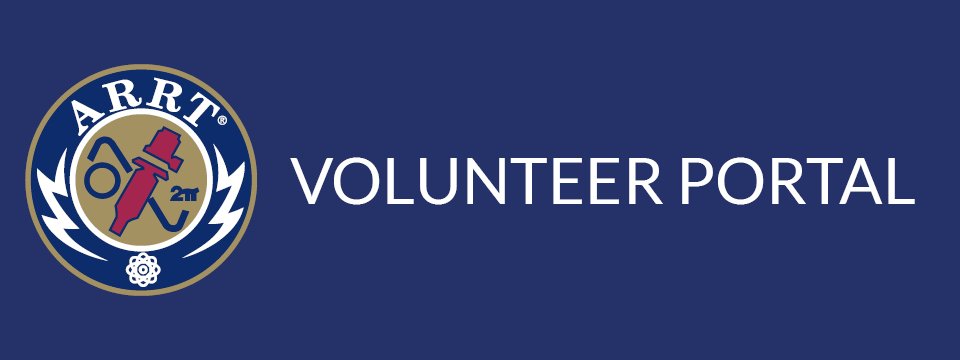DOs
- Do use simple words when writing items.
- In general, the language in an item should be as simple as possible. Sometimes specific technical language should be used, but only when necessary for the content we are trying to measure. For example, do not use 'subsequently' when 'then' works.
- Do use a neutral tone.
- When writing items it is best to make use of a neutral tone. When very positive or negative words are used in item writing this can lead to changes in how people respond.
- Do use active voice when possible.
- Use of a passive voice can be confusing and make items harder to read.
DON'Ts
- Don't write leading questions.
- How you ask a question can inform the examinee how you want them to respond. Even just changing one word can profoundly impact responses. For example, asking someone who watches a car accident, "About how fast were the cars going when they smashed each other?" results in witnesses reporting different speeds than asking, "About how fast were the cars going when they hit each other?"
- One way of telling if your question is a leading question is asking someone without content knowledge to answer the question. If someone without content knowledge can answer the question correctly, you may have written a leading question.
- Don't write double barreled questions.
- Double barreled questions are questions that contain more than one question / assumption in the stem. For example, "What is your height and weight?" or "When did you stop buying our product?" are both double barreled. The first question obviously is asking about two things (height and weight). The second question is more subtle, but it is asking three things at once ("Did you start buying this product?", "Have you stopped buying this product?" and, "When did you stop buying this product?").
- Double barreled questions should be avoided because they are confusing and can lead to items that do not measure what we are trying to measure.
- Don't write questions with double negatives.
- Use of more than one negative phrase in a sentence is confusing, unnecessary, and leads to bad items. Instead of, "I can't remember the last time I didn't write Sally a letter," we strive for, "I write Sally a letter often." Avoiding double negatives makes our items simpler, easier to read, and more compelling.


